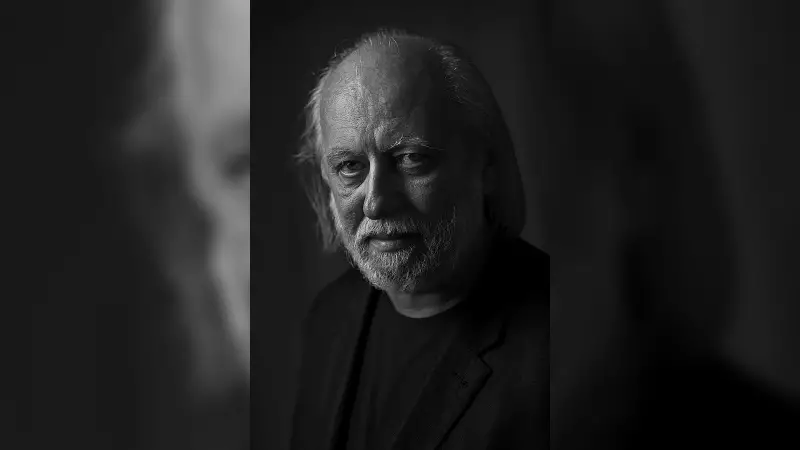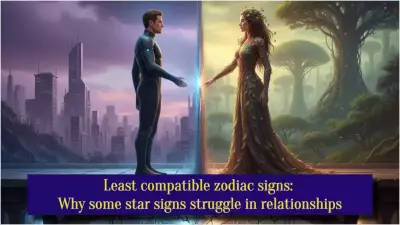
In an era of fragmented realities and overwhelming noise, the literary world possesses a rare torchbearer carrying forward Franz Kafka's unsettling legacy. Hungarian author László Krasznahorkai stands as a monumental figure in contemporary literature, his writing serving as both warning and witness to our troubled times.
The Heir to Kafka's Vision
Like Kafka before him, Krasznahorkai crafts worlds where bureaucracy, paradox, and human fragility collide. His famously long, labyrinthine sentences mirror the complexity of modern existence, pulling readers into what critic James Wood termed "the divine madness of prose." This isn't merely stylistic experimentation—it's a philosophical stance against the simplification of human experience.
Writing Against the Silence
Krasznahorkai's work represents a fundamental act of defiance. In a world increasingly dominated by soundbites and superficial narratives, his dense, demanding prose forces readers to confront uncomfortable truths. His novels—including the masterpiece Satantango and The Melancholy of Resistance—function as literary resistance against what he perceives as encroaching darkness and collective amnesia.
Why His Voice Matters Now
Several factors make Krasznahorkai's writing particularly relevant today:
- Resistance to Simplification: In an age of polarized debates, his work embraces complexity and ambiguity
- Confronting Collective Madness: His narratives explore how societies descend into chaos and irrationality
- Artistic Courage: He maintains artistic integrity despite commercial pressures
- Global Perspective: While deeply Hungarian, his themes resonate across cultures and political landscapes
A Literary Warning System
Much like Kafka diagnosed the anxieties of early 20th-century Europe, Krasznahorkai's writing serves as an early warning system for 21st-century global crises. His fictional worlds—filled with decaying institutions, charismatic deceivers, and collapsing communities—feel increasingly familiar in our post-truth era.
Through his unflinching gaze at human vulnerability and societal breakdown, Krasznahorkai doesn't offer easy solutions. Instead, he provides what might be more valuable: a mirror reflecting our collective predicament, and a reminder that some silences must be broken, no matter how uncomfortable the resulting conversation.
His legacy, still unfolding, challenges writers and readers alike to engage with literature not as escape, but as essential confrontation with the world's fractures.





